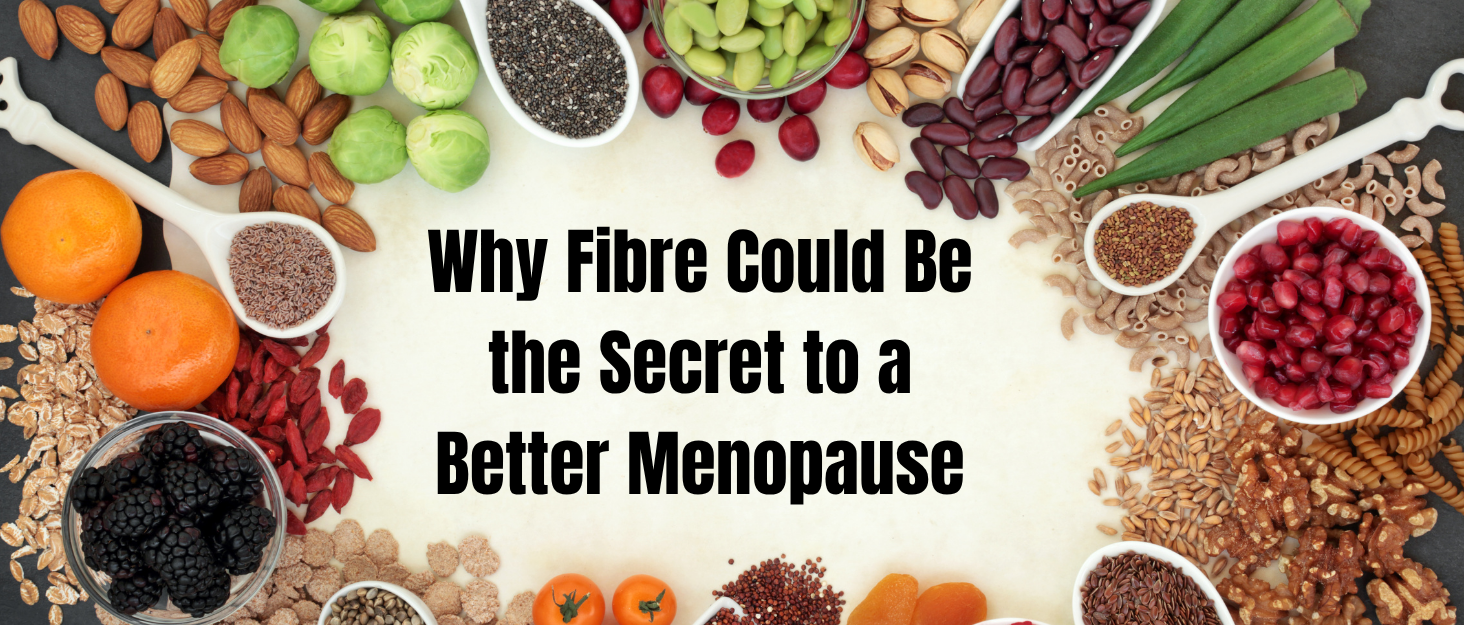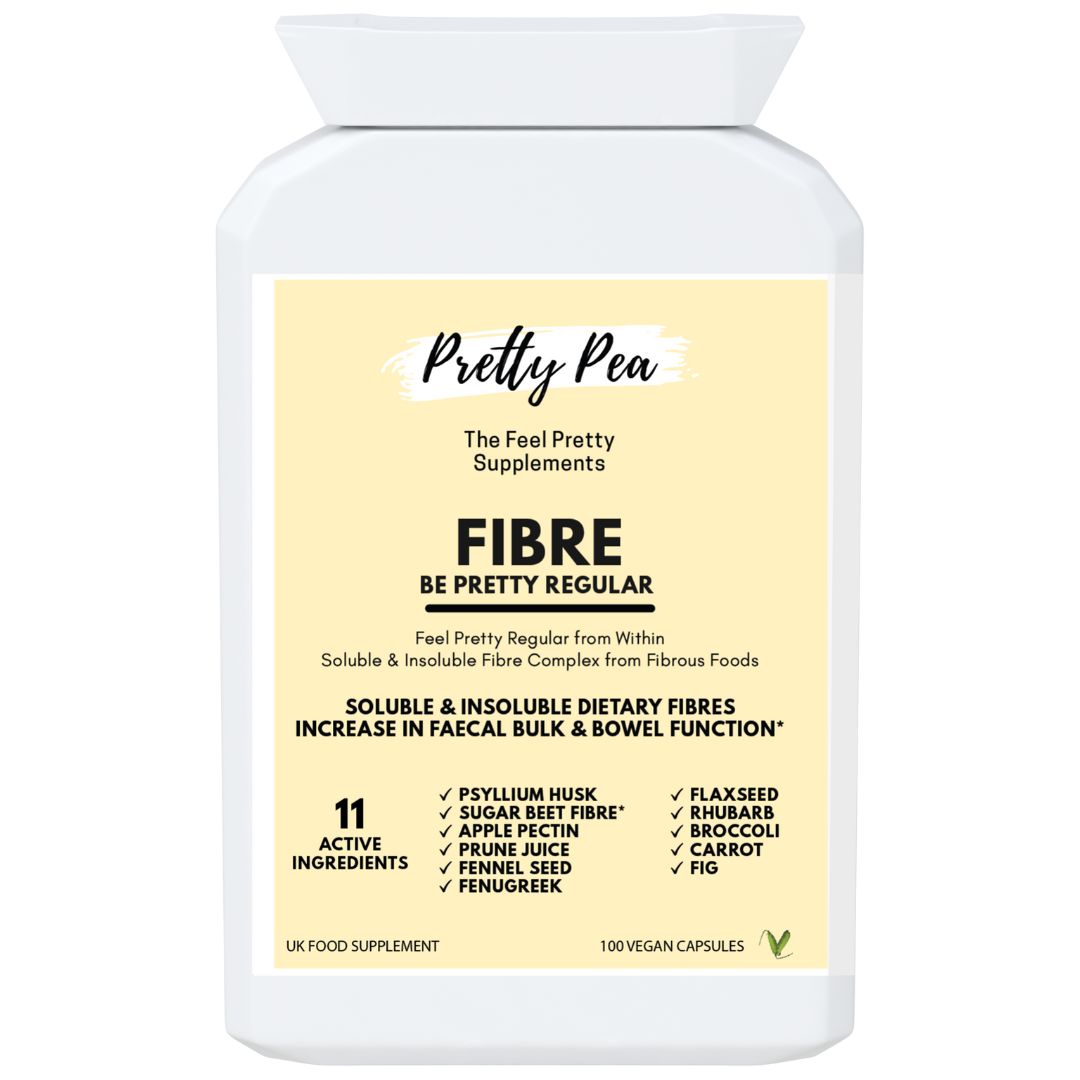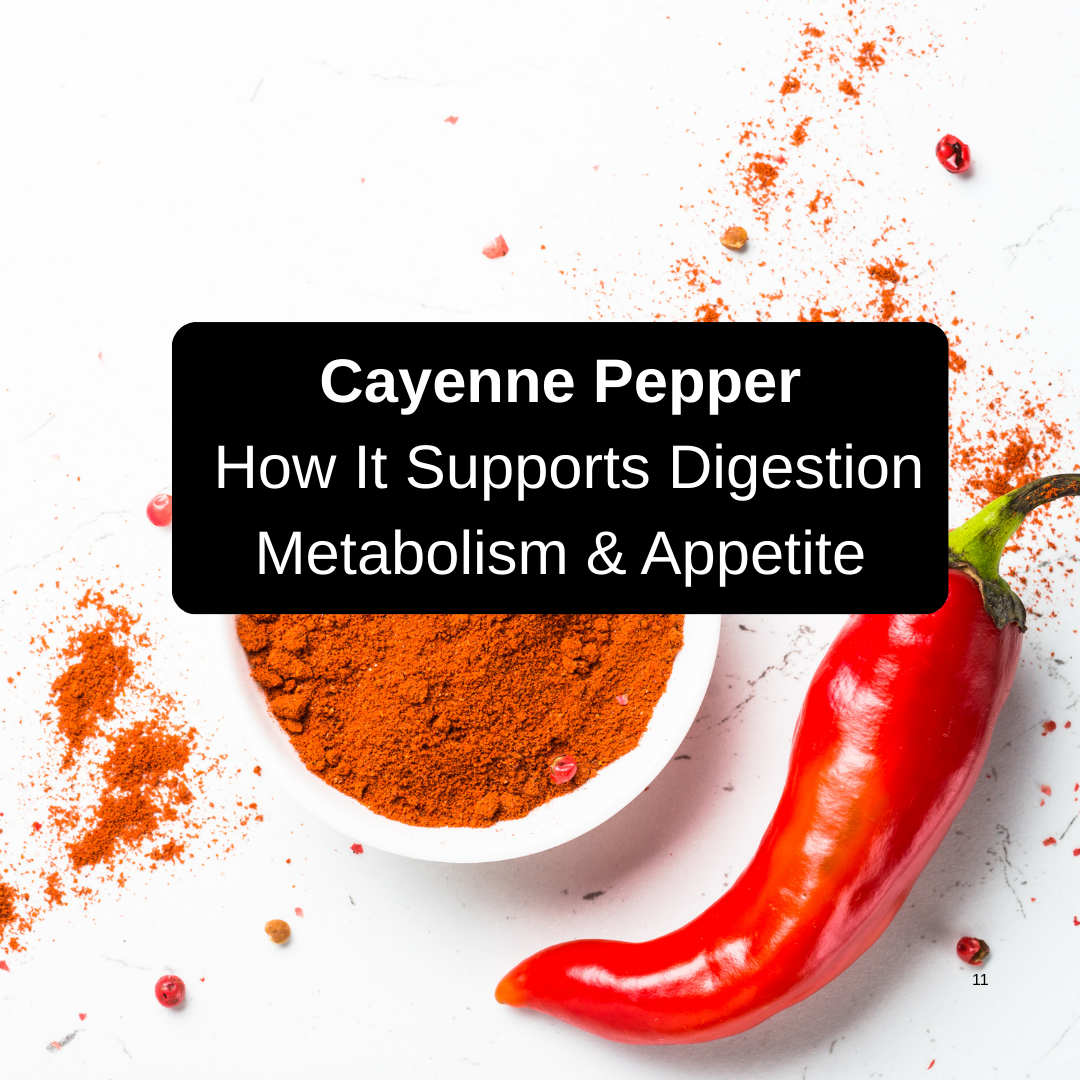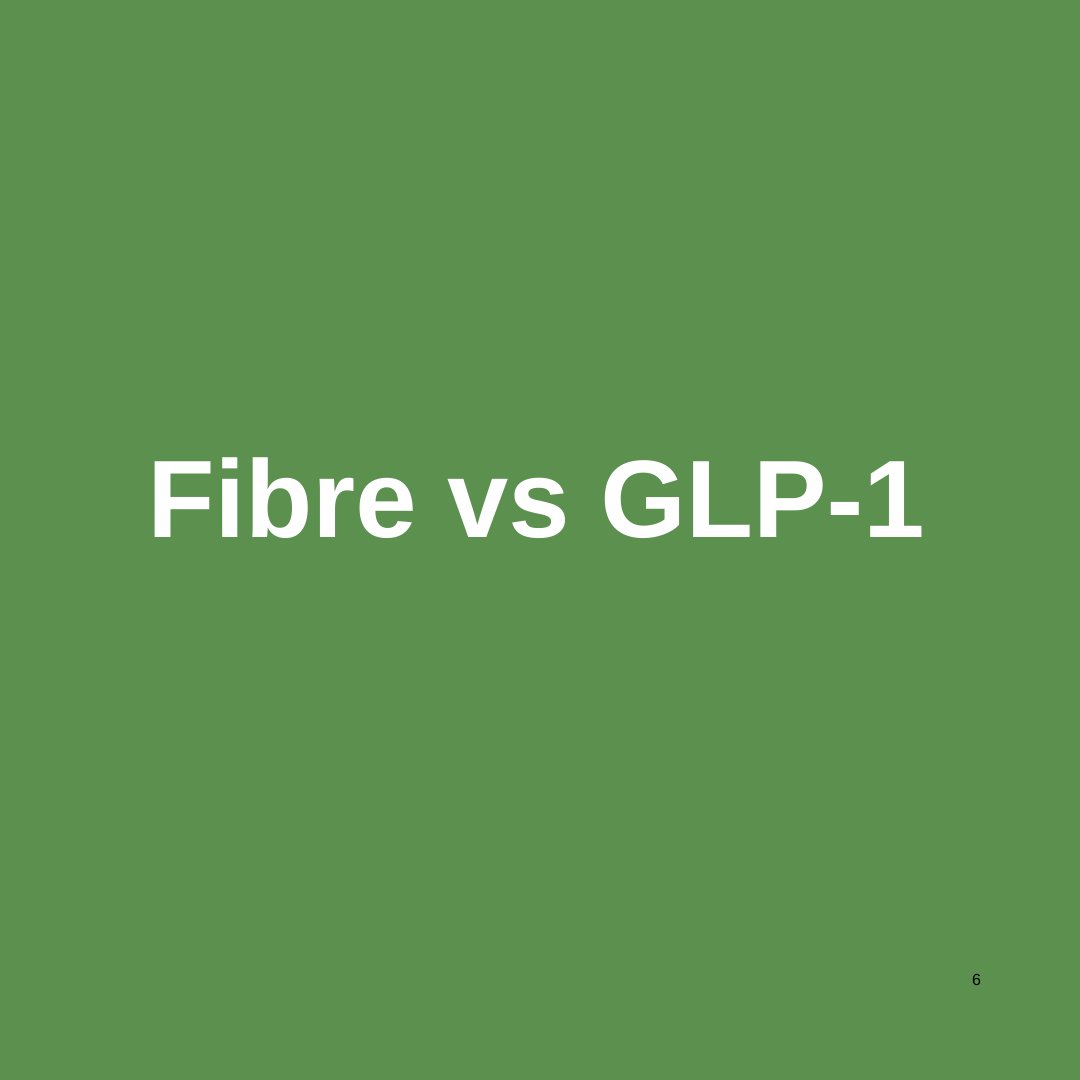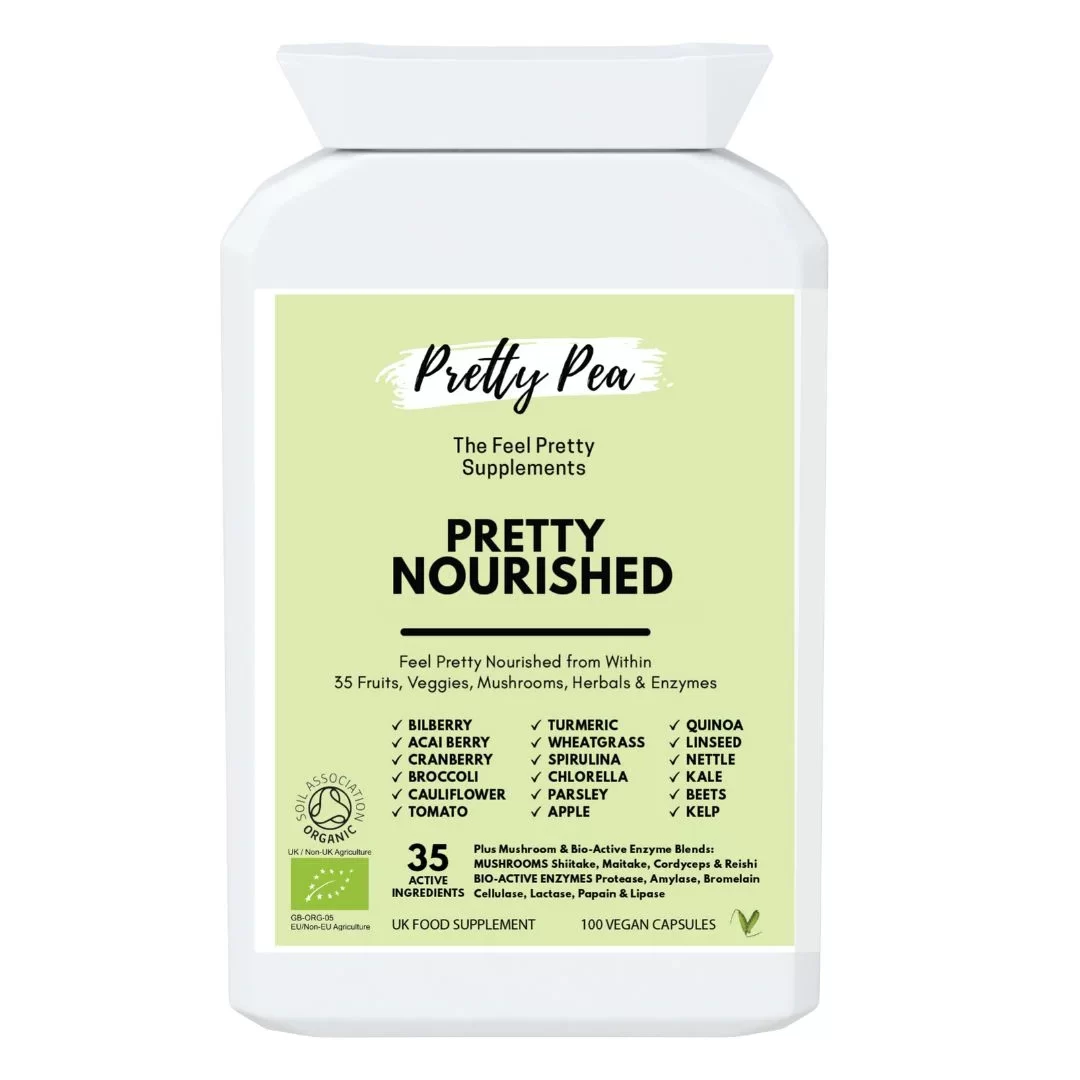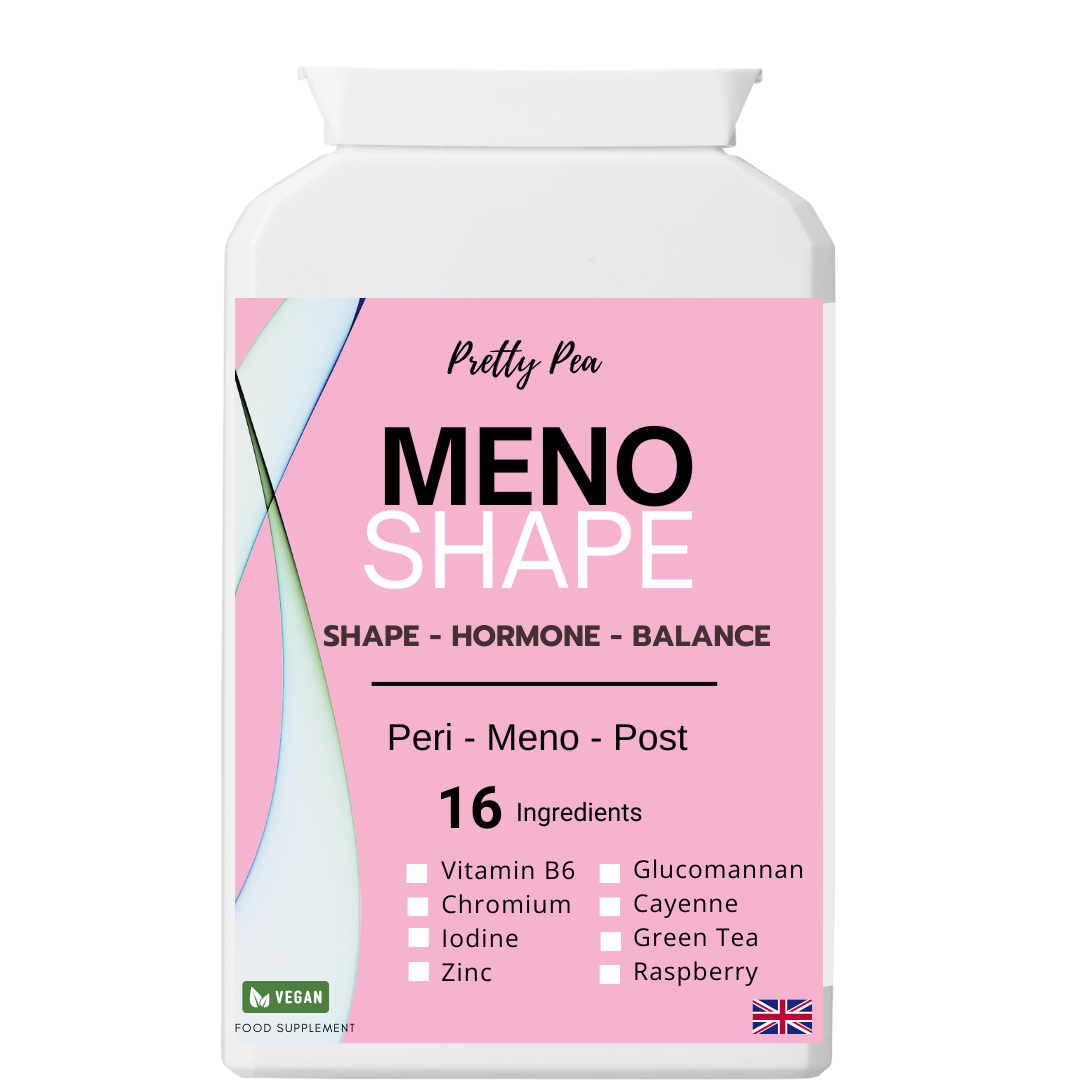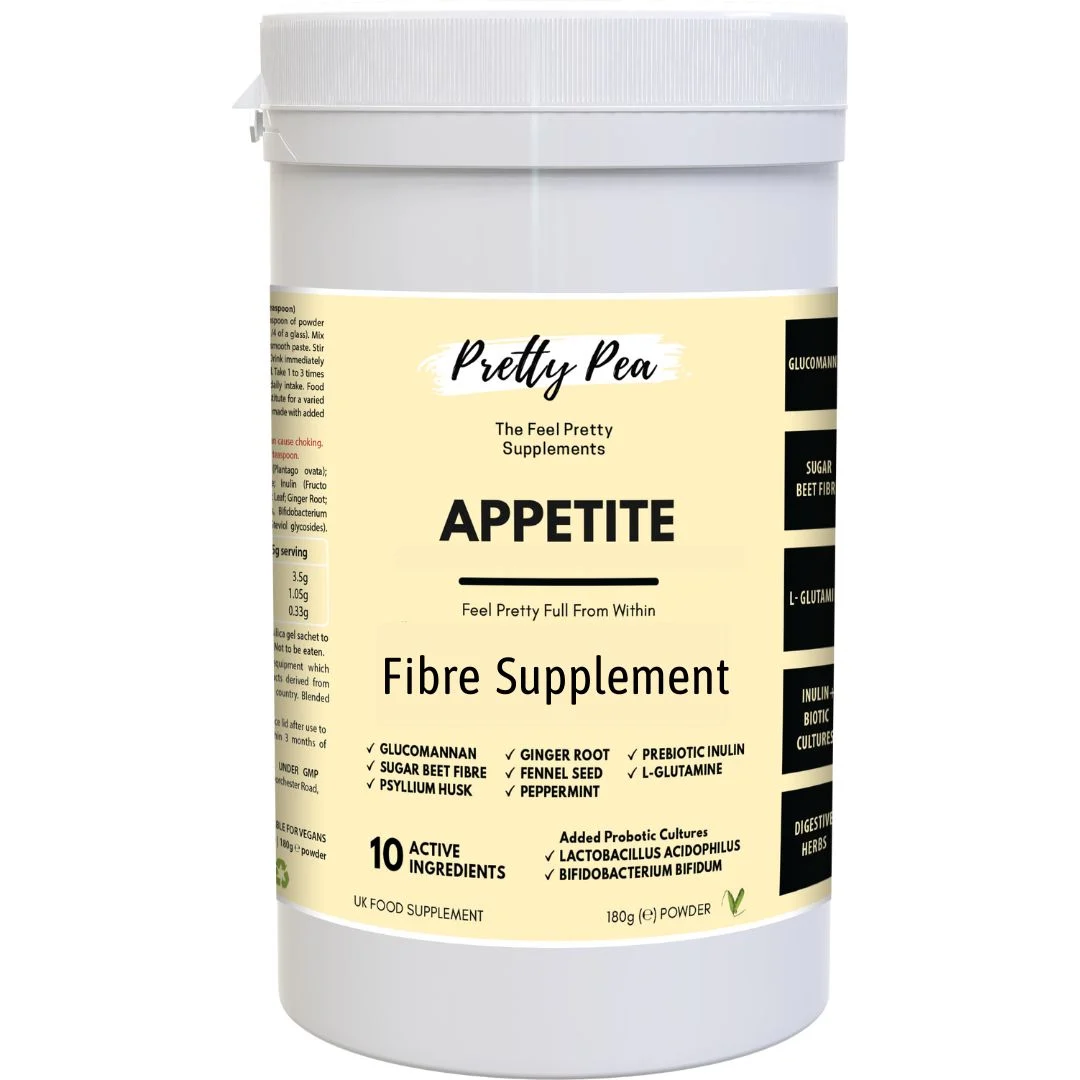Could something as simple as increasing fibre intake improve menopause symptoms? Recent research has highlighted the importance of carbohydrate quality — especially the amount of fibre and whole grains in your diet — for improving menopause symptoms and quality of life.
It’s estimated that approximately 1.1 billion women will have entered menopause by 2025 and quality of life matters – as women can reach menopause with a third of their life ahead of them.
We know menopause often comes with unwanted changes such as hot flushes, sleep disturbances, nervousness, anxiety, mood shifts, bone and joint issues, decreased desire, changes in eating habits, weight gain (and more) – and these factors can impact on the quality of life for women 1
While hormone levels are the driving force behind many of these symptoms, your diet can play a significant role in menopause symptoms.
- The Study: How Carbohydrate Quality Affects Menopausal Health
- Why Fibre Matters So Much During Menopause
- 1. Supports Hormonal Balance and Blood Sugar
- 2. Promotes Healthy Weight and Reduces Belly Fat
- 3. Improves Gut Health and Mood
- 4. Protects Heart and Bone Health
- The Glycaemic Index Connection
- Fibre, Mood, and Mental Wellbeing
- Food Sources of Fibre for Menopausal Health
- Why Fibre Supplements Can Help
- Look for supplements that:
- The Takeaway: Fibre is Fundamental for Menopausal Wellness
- RELATED ARTICLES
The Study: How Carbohydrate Quality Affects Menopausal Health
A large study of over 600 postmenopausal women explored how the Carbohydrate Quality Index (CQI) — a measure that considers fibre intake, whole grain consumption, and glycaemic index — relates to menopausal symptoms and quality of life.2
Women who scored highest on this index (ate most fibre and whole grains, and fewer refined carbs) had:
Fewer and less severe menopausal symptoms
Better overall quality of life
Lower glycaemic index diets (steady blood sugar)
Higher fibre intake
In contrast, women who consumed more refined grains, sugary foods, and low-fibre carbohydrates experienced more intense symptoms, including mood changes, sleep disruption, and fatigue.
These findings are consistent with previous studies showing that whole grains and unprocessed, fibre-rich foods are linked with fewer hot flushes, better energy levels, and improved mental wellbeing during menopause.
A previous study 3 found that:
Higher consumption of vegetables was associated with lower intensity of vasomotor (hot flushes) symptoms, sleep disorders and better quality of life.
Intake of ultra-processed foods was associated with more intense vasomotor and sexual symptoms.
Intakes of sugar-sweetened beverages and sausage were related to greater intensity of somatic symptoms and worse memory.
Why Fibre Matters So Much During Menopause
1. Supports Hormonal Balance and Blood Sugar
As oestrogen levels drop during menopause, blood sugar regulation becomes less efficient — leading to cravings, energy dips, and fat gain around the abdomen.
Fibre slows digestion and helps stabilise blood sugar levels, reducing insulin spikes and the hormonal fluctuations that can worsen menopausal symptoms.
2. Promotes Healthy Weight and Reduces Belly Fat
Menopause often brings a shift in body fat distribution, with more fat stored around the the meno belly.
Studies show that high-fibre diets help with appetite control, reduce calorie intake naturally, and support a healthy metabolism.
Soluble fibre (found in glucomannan, oats, flaxseeds) forms a gel-like substance in the gut, helping you feel full for longer — which can support healthy weight management during menopause.

3. Improves Gut Health and Mood
Your gut microbiome plays a key role in hormone metabolism, inflammation, and even mood regulation.
Fibre acts as fuel for beneficial gut bacteria, producing short-chain fatty acids (SCFAs) that support gut integrity and reduce inflammation. Emerging evidence also links a healthy gut with better mood and cognitive function — crucial for women navigating the emotional changes of menopause.
4. Protects Heart and Bone Health
After menopause, declining oestrogen levels can increase the risk of heart disease and osteoporosis.
Fibre helps lower cholesterol levels, improve blood pressure, and may even support bone density. One study reported that women with higher fibre intake had greater bone mineral density, potentially reducing the risk of fractures and bone loss.4
The Glycaemic Index Connection
The study also highlighted that low glycaemic index (GI) diets — those rich in whole grains, pulses, fruits, and vegetables — were linked to fewer menopausal symptoms.
High-GI foods such as white bread, rice, pastries, and sugary drinks cause rapid spikes in blood glucose, triggering inflammation and oxidative stress. Over time, this can worsen hot flushes, mood swings, and fatigue.
A low-GI, high-fibre diet keeps blood sugar levels steady, promoting hormonal stability and reducing stress on the body — key factors for a smoother menopausal transition.
Fibre, Mood, and Mental Wellbeing
Interestingly, the research found that women with better carbohydrate quality (i.e., more fibre and whole grains) reported fewer psychological symptoms, including irritability and low mood.
This may be due to fibre’s positive effects on:
Blood sugar balance (preventing mood dips)
Gut-brain communication via the vagus nerve
Lower inflammation, which has been linked to depression and anxiety
Together, these effects help women feel more emotionally balanced and resilient during menopause.
Food Sources of Fibre for Menopausal Health
Aim for at least 25–30 grams of fibre per day from a variety of foods. Great sources include:
Whole grains: oats, barley, brown rice, quinoa
Legumes: chickpeas, lentils, black beans
Fruits: apples, pears, berries, oranges
Vegetables: broccoli, carrots, leafy greens
Seeds: flaxseed, chia, psyllium husk
If you struggle to reach your fibre goals through diet alone, a high-quality fibre supplement can be a simple and effective way to bridge the gap — especially one that’s gentle on digestion and clinically proven to support gut and hormonal health.
FIBRE CAPSULES
High fibre pills derived from psyllium husk, flaxseed, sugar beet, prune juice, fig fruit, rhubarb, pectin, fenugreek and other naturally high fibre botanicals and foods. More than just roughage, these fibre pills contains cellulose, pectin, hemicellulose, lignin and gums.
Fibre Pills Ingredients: Psyllium Husk, Flaxseed, Sugar Beet Fibre, Fenugreek, Apple pectin, Rhubarb, Prune Juice, Broccoli, Carrot, Fig Fruit, Fennel Seed. Vegan, Dairy Free, Gluten Free. 100 capsules
Why Fibre Supplements Can Help
Even with the best intentions, most women only consume around half the recommended daily fibre.
Fibre supplements can make it easier to meet your needs — particularly during menopause when digestive comfort and hormonal balance are key priorities.
Look for supplements that:
Contain soluble fibres like psyllium husk or inulin
Are low-FODMAP if you have IBS symptoms
Can be easily mixed into water, smoothies, or breakfast bowls
Regular use can help:
Regulate digestion and reduce bloating
Support steady energy and appetite control
Improve cholesterol and blood sugar balance
Promote a healthier gut microbiome
The Takeaway: Fibre is Fundamental for Menopausal Wellness
This study reinforces what many women’s health experts have long suspected — it’s not just how many carbohydrates you eat, but the quality of them that determines how you feel during menopause.
- By focusing on high-fibre, whole-grain, low-GI foods, you can:
Reduce the severity of hot flushes and mood swings
Improve energy, sleep, and digestion
Support heart, bone, and gut health
Enhance overall quality of life
If dietary changes alone aren’t enough, adding a daily fibre supplement can be a game-changer — a simple step with big benefits for your hormonal health and long-term wellbeing.
Practical Tips:
1.Start gradually. Increase your fibre intake over 1–2 weeks
2.Drink plenty of water to help your body adjust smoothly
You might also be interested in..
RELATED ARTICLES
The Menopause Diet 5 Day Plan to Lose Weight
List of The 100 Symptoms of Perimenopause
Early First Symptoms of Perimenopause – 7 Telling Subtle Signs
The Role of Perimenopause Vitamins Supplements: A Guide for Women
Why Fibre Could Be the Secret to a Better Menopause
The Ultimate Superfood List: What are Superfoods, Benefits, Best Choices, and How to Use
Fruit and Vegetable Supplement
Fruit and vegetable supplement, and so much more. Pretty Nourished is a Soil Association Organic blend of 35 of some of the most nutrient dense foods on the planet. Packed full of super-greens, seeds, mushrooms and digestive enzymes – real food nutrients your body recognises and readily absorbs.
Nourishing your body has never been simpler.
Certified Organic Ingredients include a blend of Fruits, Berries, Veggies, Sprouts, Seeds, Mushrooms plus Bioactive Enzymes.
Meno Shape
Menopause tablets for weight loss. MENO is the all in one menopause supplements, targeting weight loss*, hormone regulation, energy levels and much more. 16 Active Ingredients combining traditional Eastern nutrients with science backed vitamins of the West to bring women an all in one menopause tablets for weight loss.
FIBRE POWDER
Fibre Full blend with Psyllium Husk powder; Glucomannan; Sugar Beet; L-Glutamine; Inulin (FOS); Fennel Seed; Peppermint Leaf; Ginger Root; Bacteria blend, Lactobacillus Acidophilus, Bifidobacterium Bifidum; Sweetener, Stevia Leaf extract – No Artificial Sweeteners
Fibre – Sources:
- Health-related quality of life among menopausal women: A cross-sectional study from Pokhara, Nepal – PMC ↩︎
- The impact of carbohydrate quality index on menopausal symptoms and quality of life in postmenopausal women | BMC Women’s Health | Full Text ↩︎
- Life habits of postmenopausal women: Association of menopause symptom intensity and food consumption by degree of food processing – PubMed ↩︎
- How do carbohydrate quality indices influence on bone mass density in postmenopausal women? A case-control study – PubMed ↩︎
